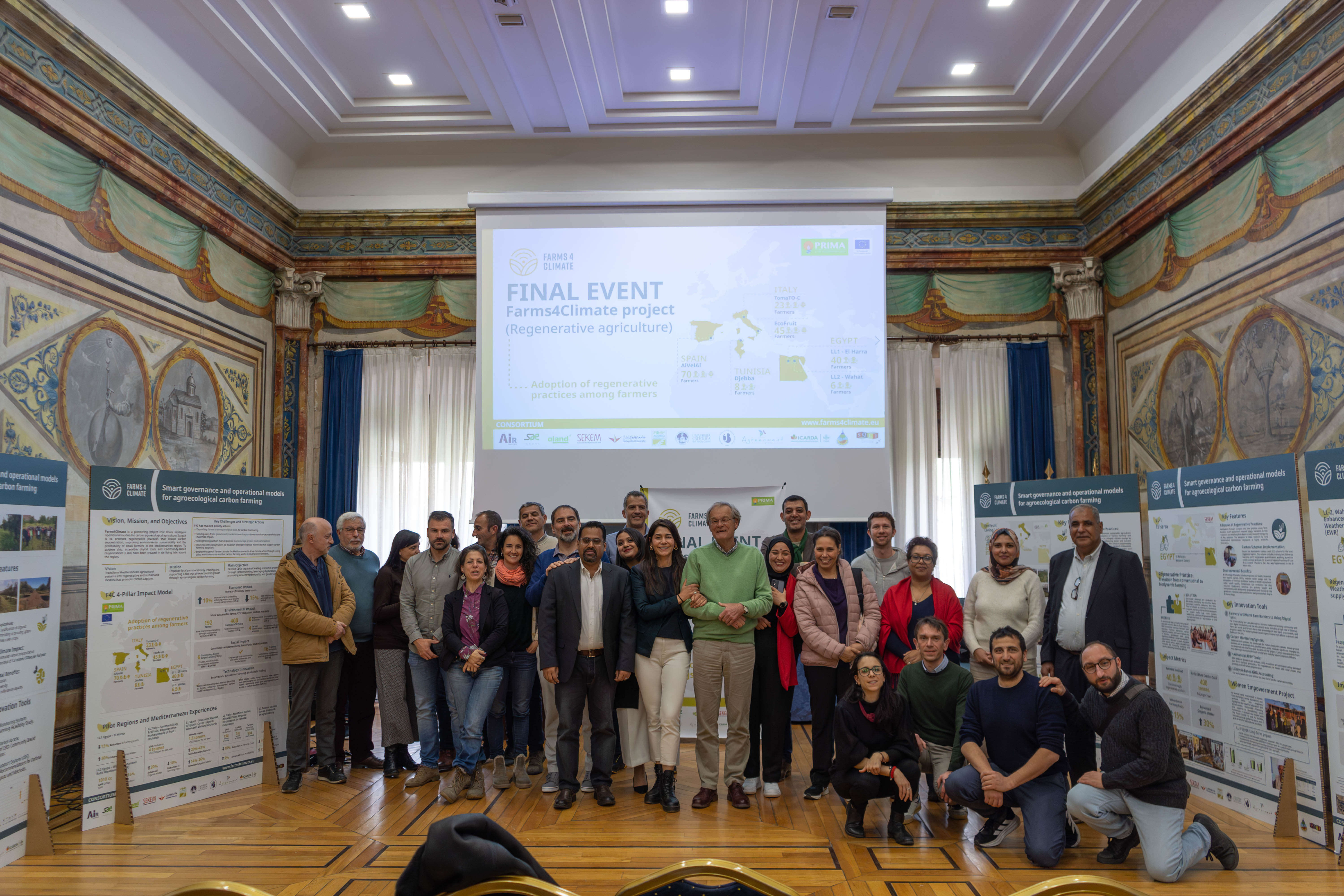The Farms4Climate Consortium Successfully Holds Final Project Event in Salamanca
The Farms4Climate Project successfully held its final event on 26th and 27th March in Salamanca, Spain. Representatives from the international consortium gathered over two days to share the results of three years of research and developments aimed at driving innovation in the agricultural sector through smart governance models and regenerative agroecological practices.
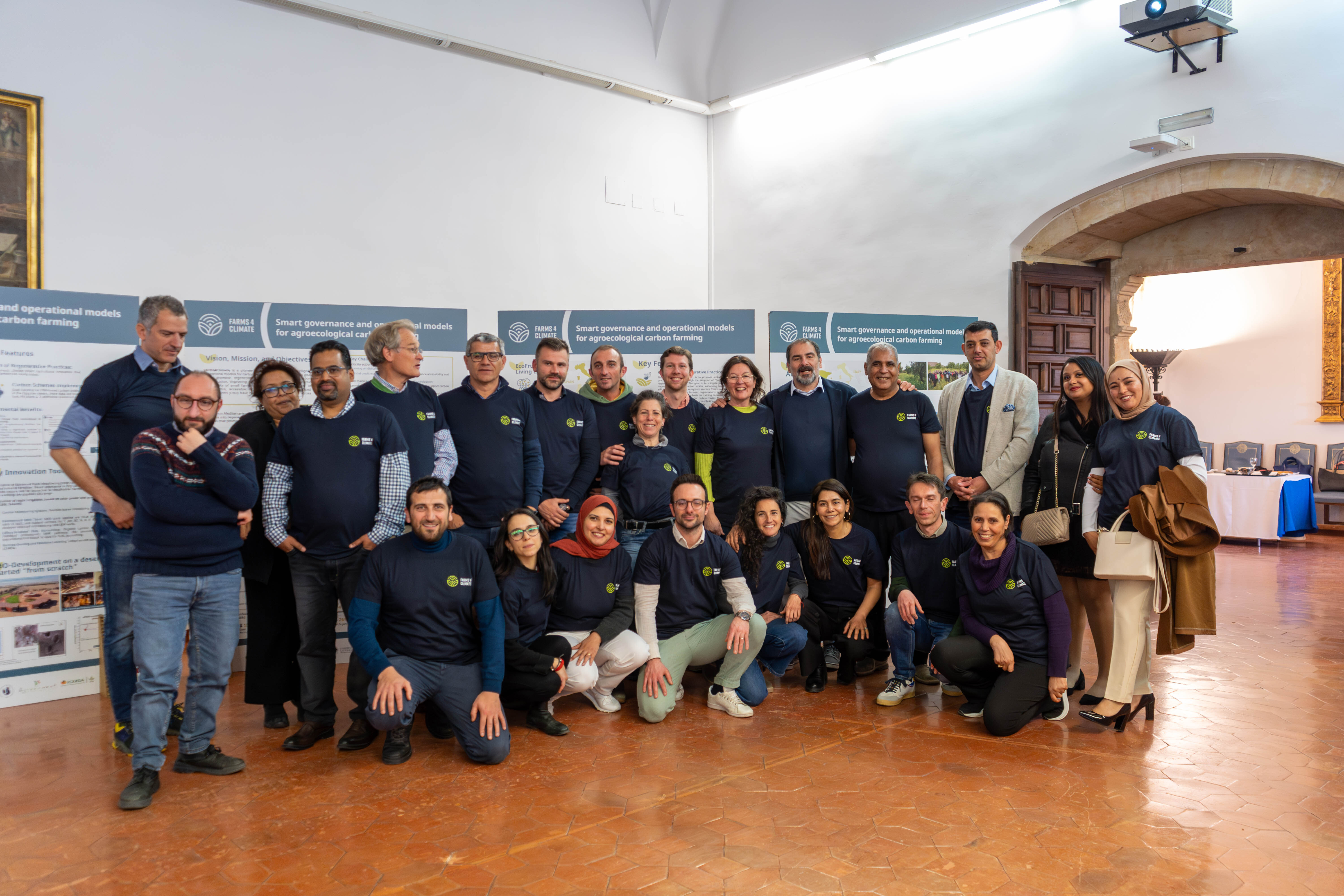
The event began with a welcome from Carla González Gemio of AIR Institute, the project leader, followed by a review of some of its phases and objectives. The day continued with a presentation by Andrea Ferrarini from Università Cattolica del Sacro Cuore (UCSC) titled “MRV and Digital Technologies for Sustainable Agriculture.”
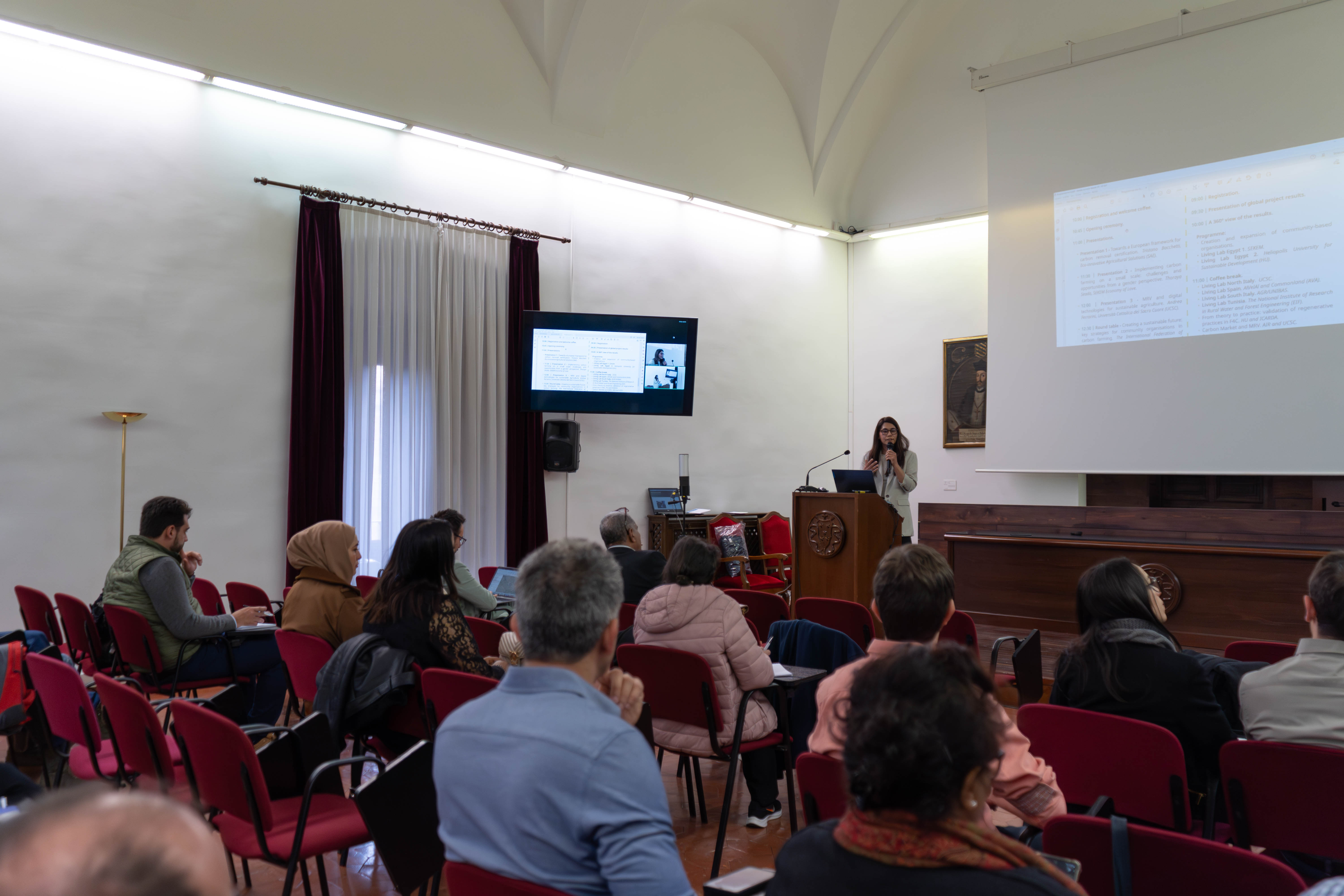
Thoraya Seada from SEKEM Economy of Love then delivered a talk on “How to Implement Carbon Farming on a Small Scale: Challenges and Opportunities from a Gender Perspective,” offering an analysis of opportunities for farmers and the role of women in this field.
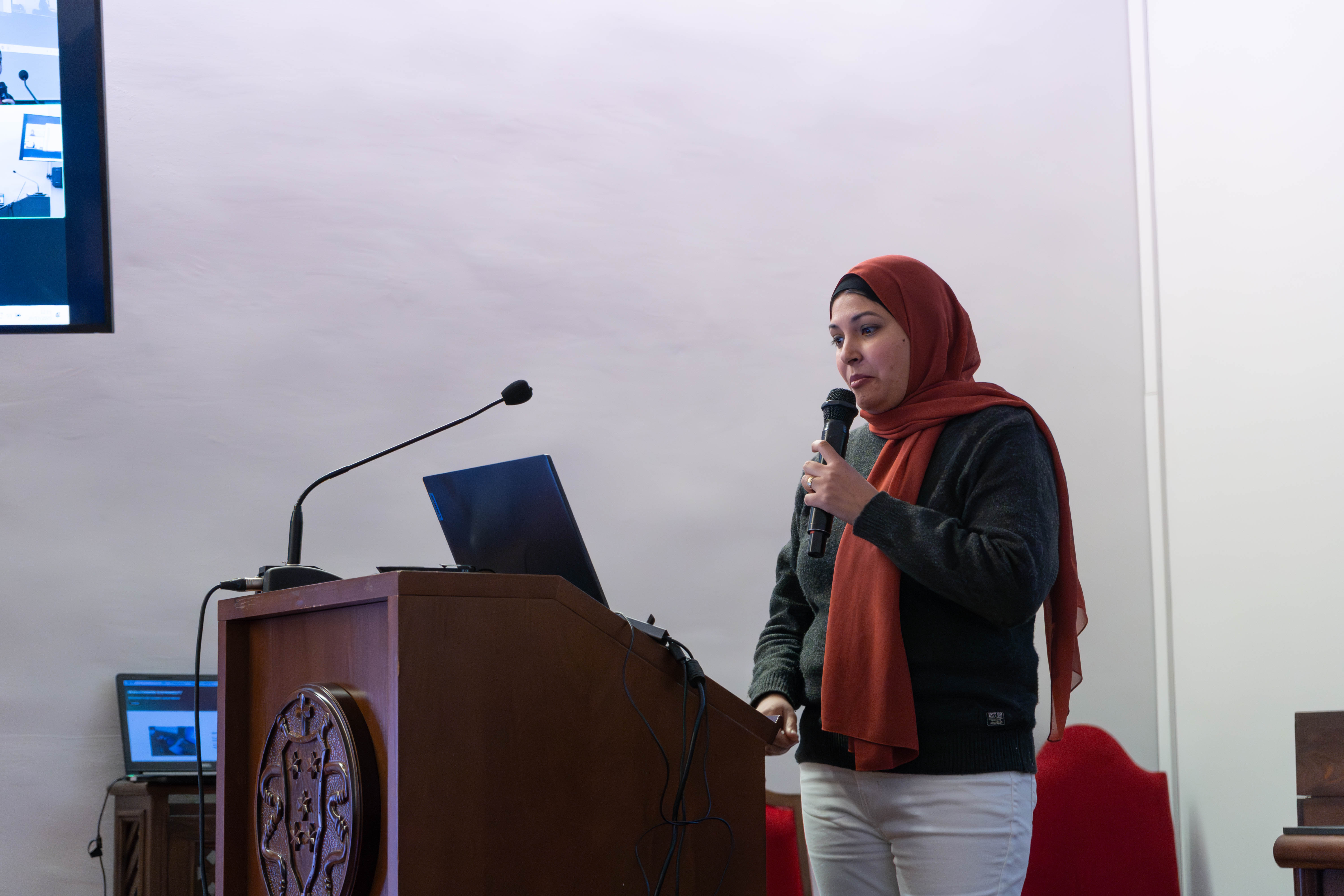
The session proceeded with the roundtable discussion “Creating a Sustainable Future: Key Strategies for Community Organisations in Carbon Farming,” moderated by Constantinos Machairas from IFOAM. Representatives from the International Federation of Organic Agricultural Movements (IFOAM), the University of Basilicata (UNIBAS), SEKEM Economy of Love, and the International Center for Agricultural Research in Dry Areas (ICARDA) took part. This informal discussion explored ideas to support various organisations in implementing sustainable agricultural practices.
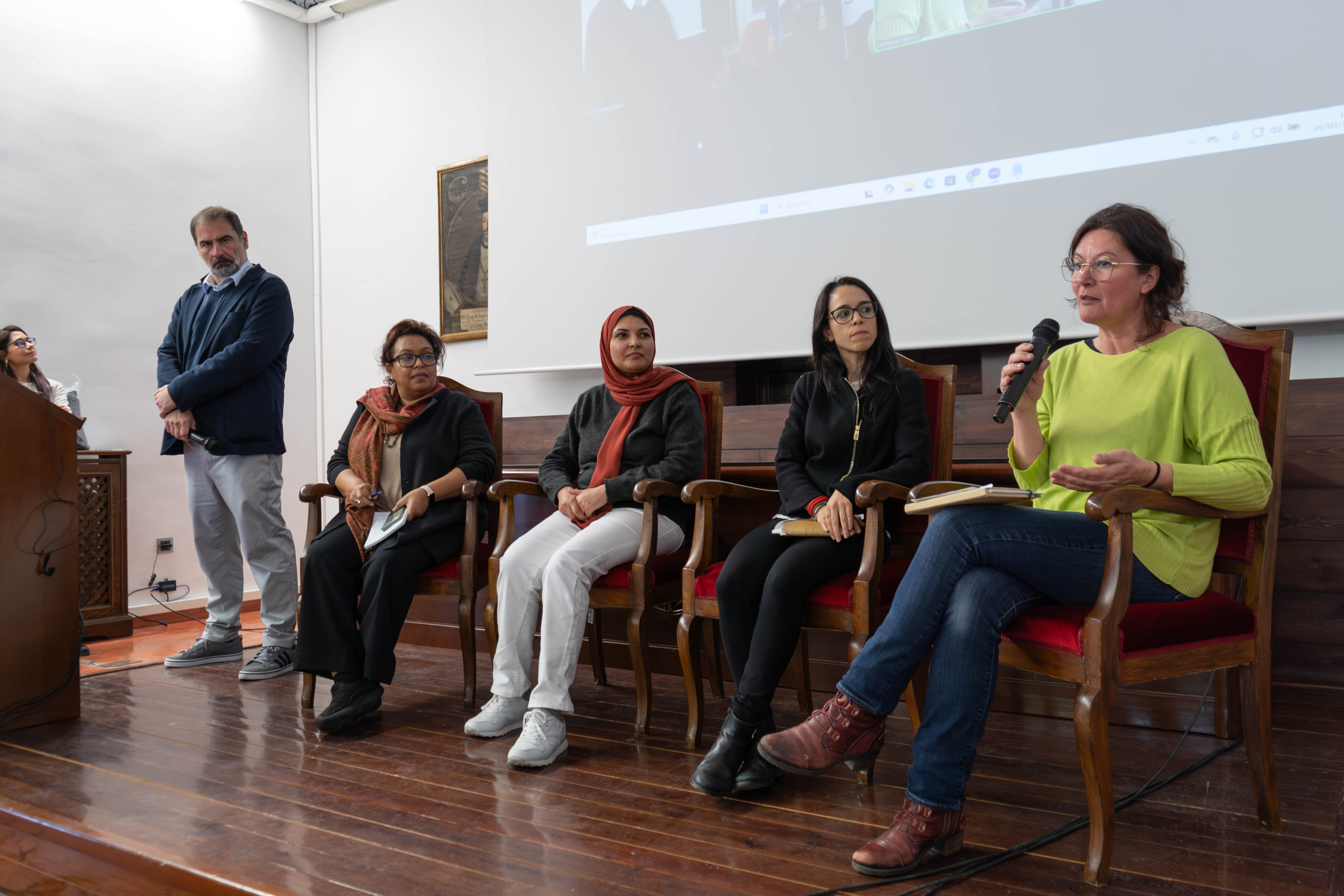
The first day concluded with the presentation “Towards a European Certification Framework for Carbon Removal,” delivered by Tristano Bacchetti from Soluciones Agrícolas Ecoinnovadoras (SAE).
Living Labs Exhibition and Results
The second day of the event provided a 360-degree showcase of the achievements of the six Living Labs, co-created by partners, farmers, and other stakeholders, based in Egypt, Tunisia, Italy, and Spain. Experts also presented digital solutions, including Measurement, Reporting, and Verification (MRV) tools.
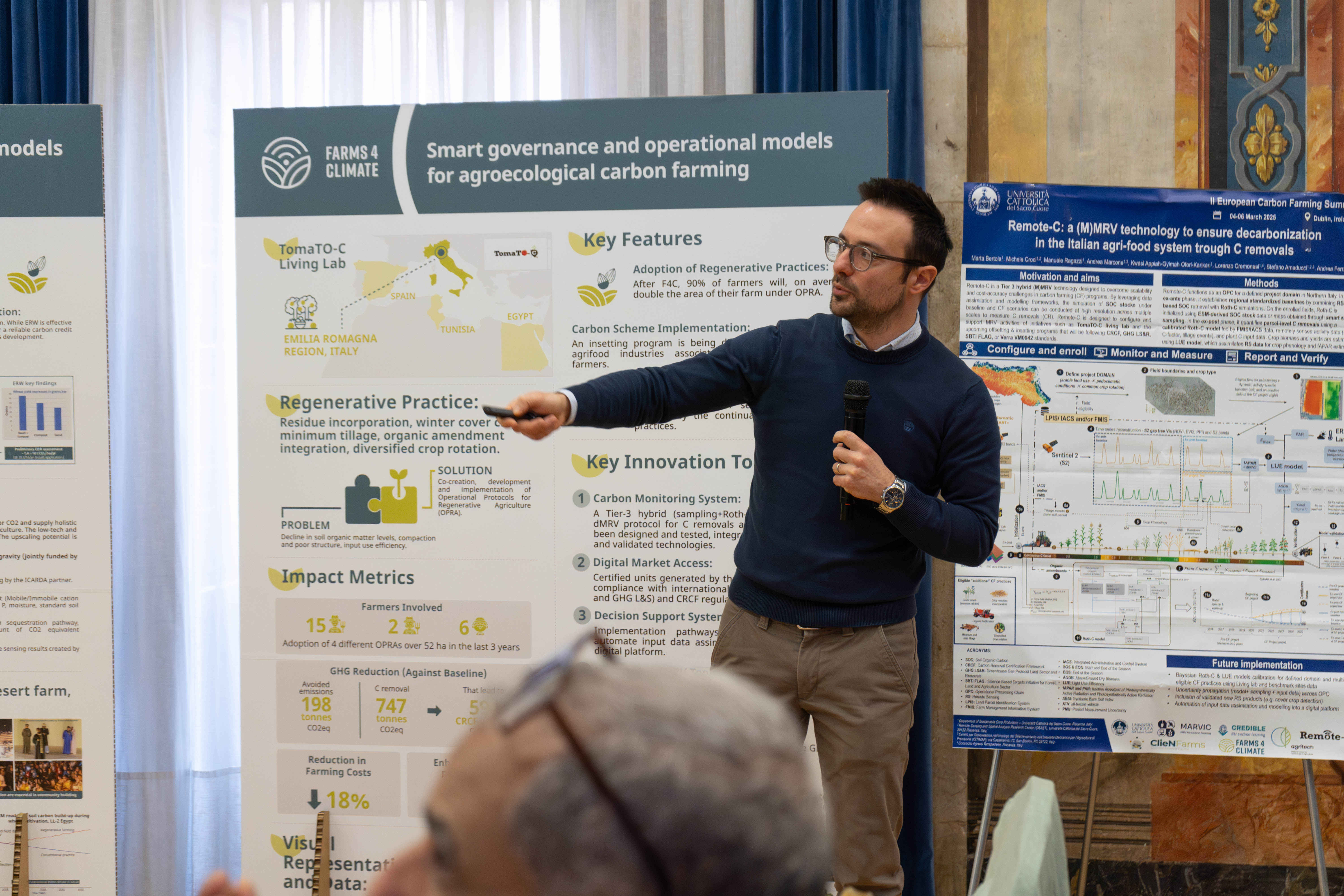
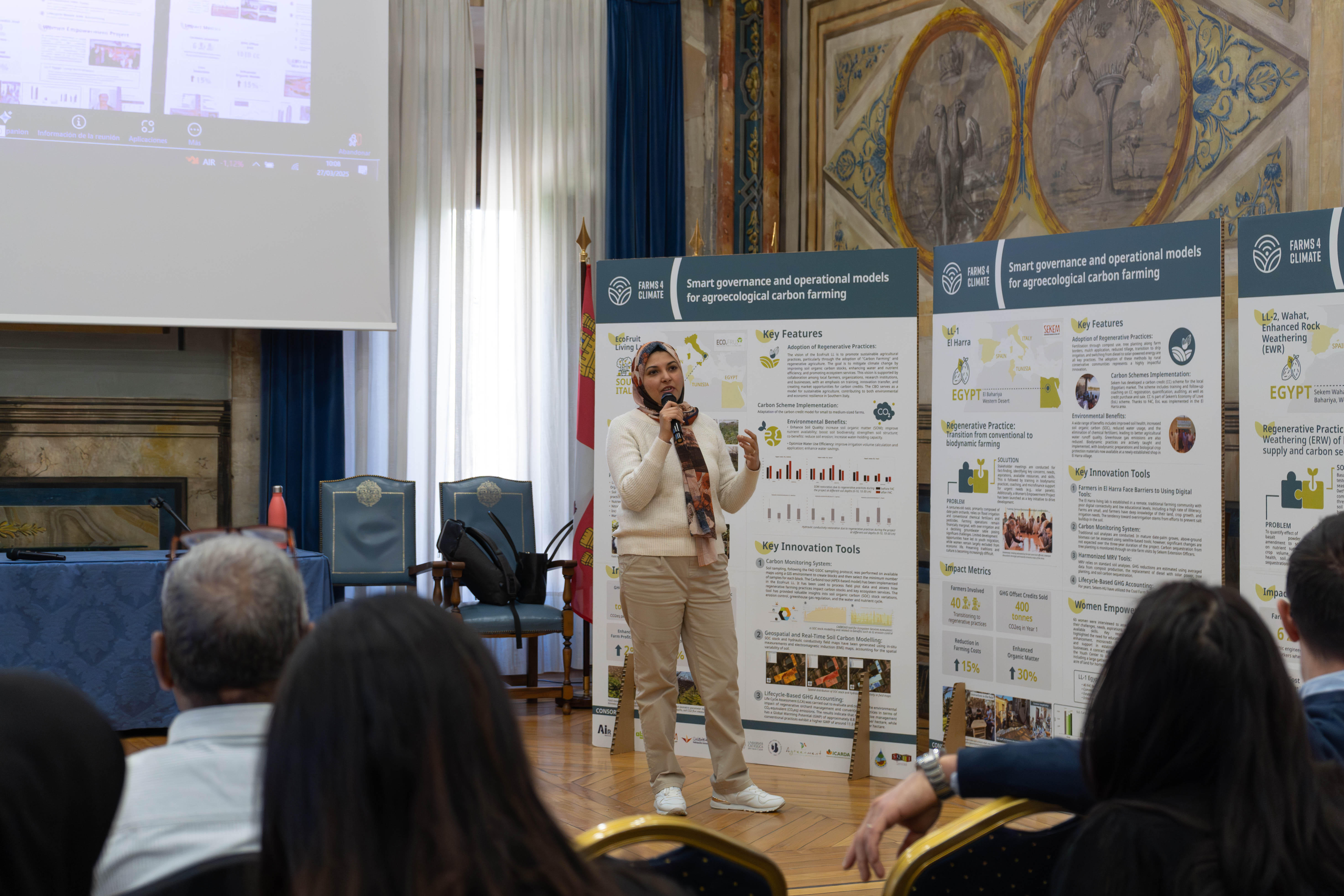
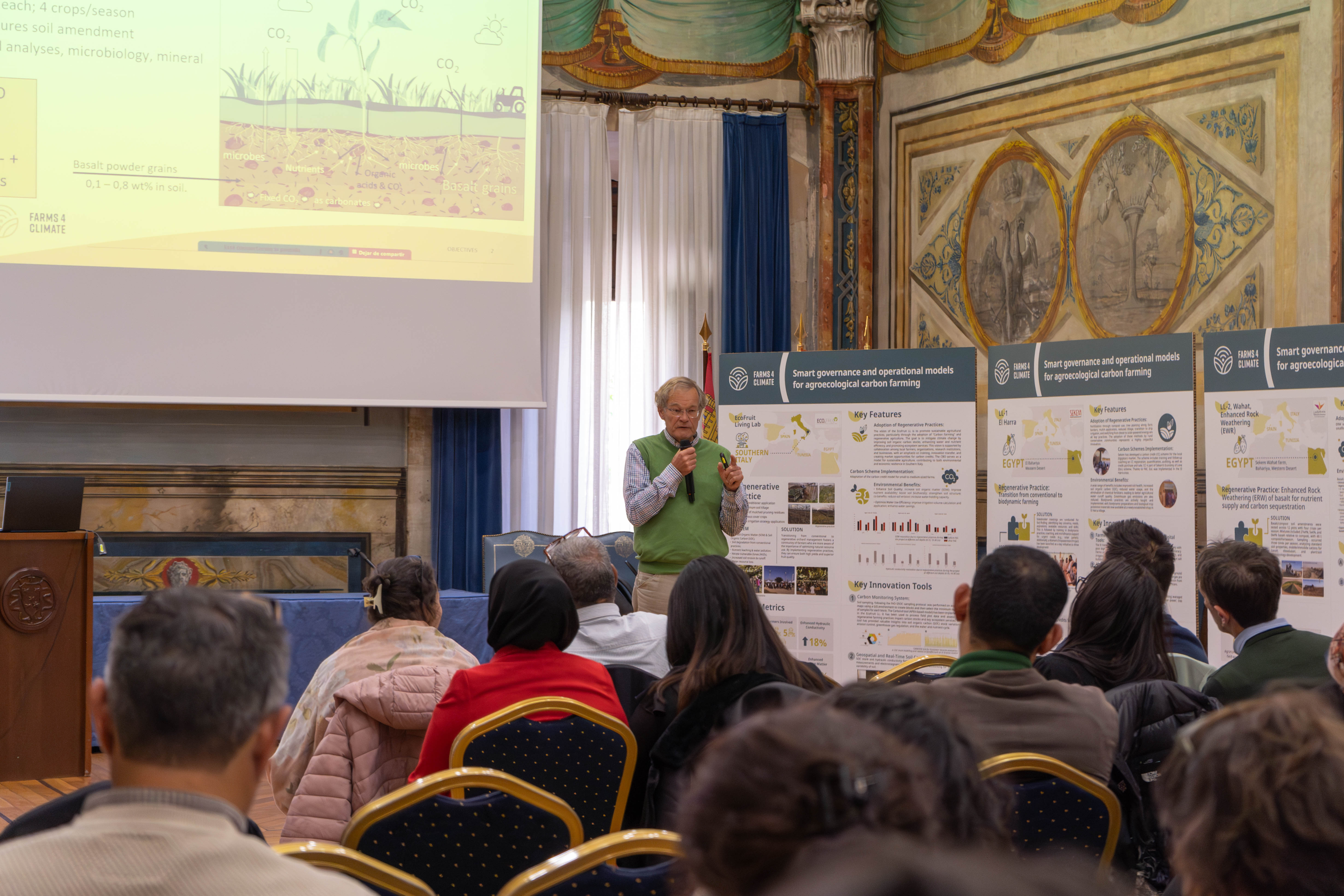
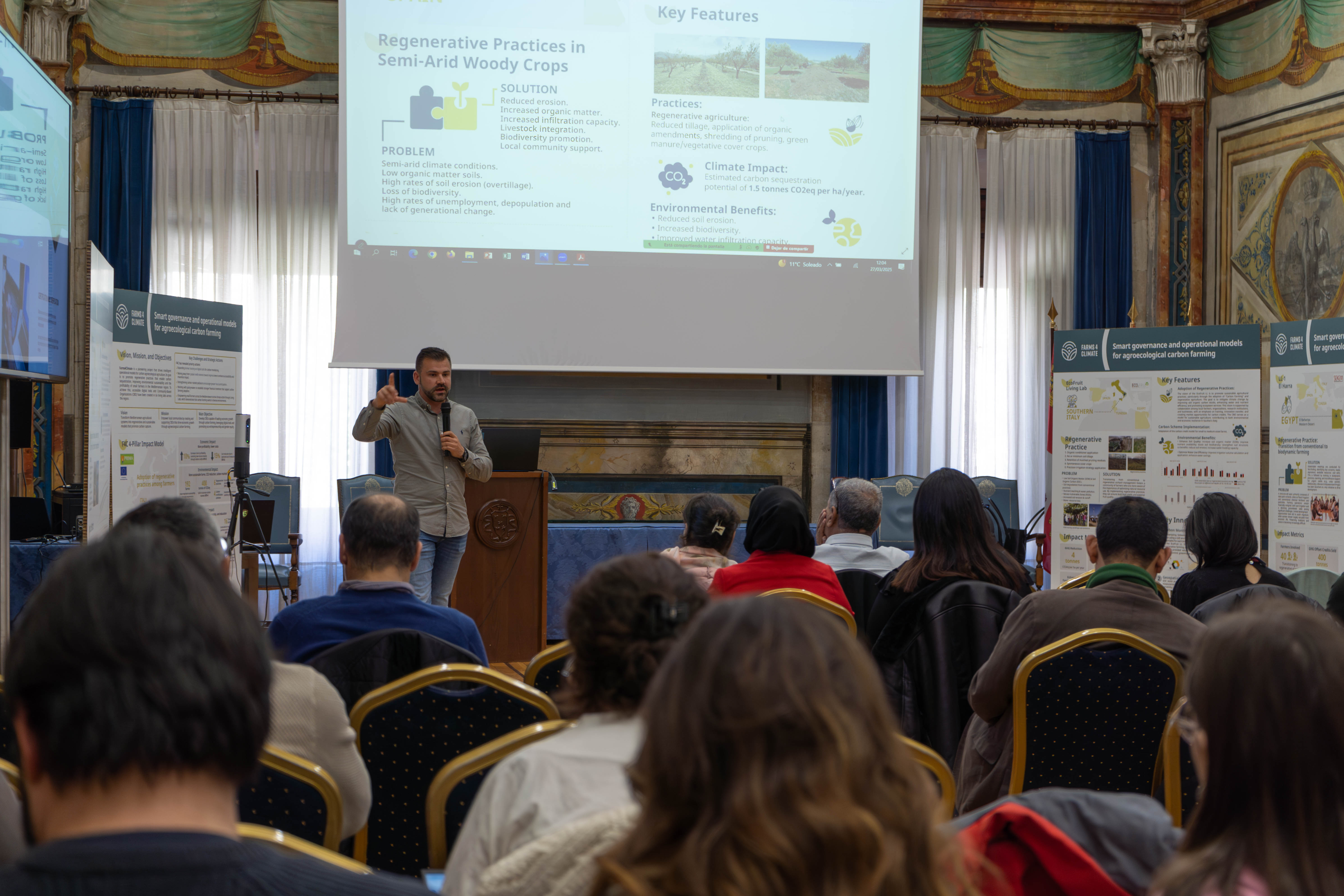
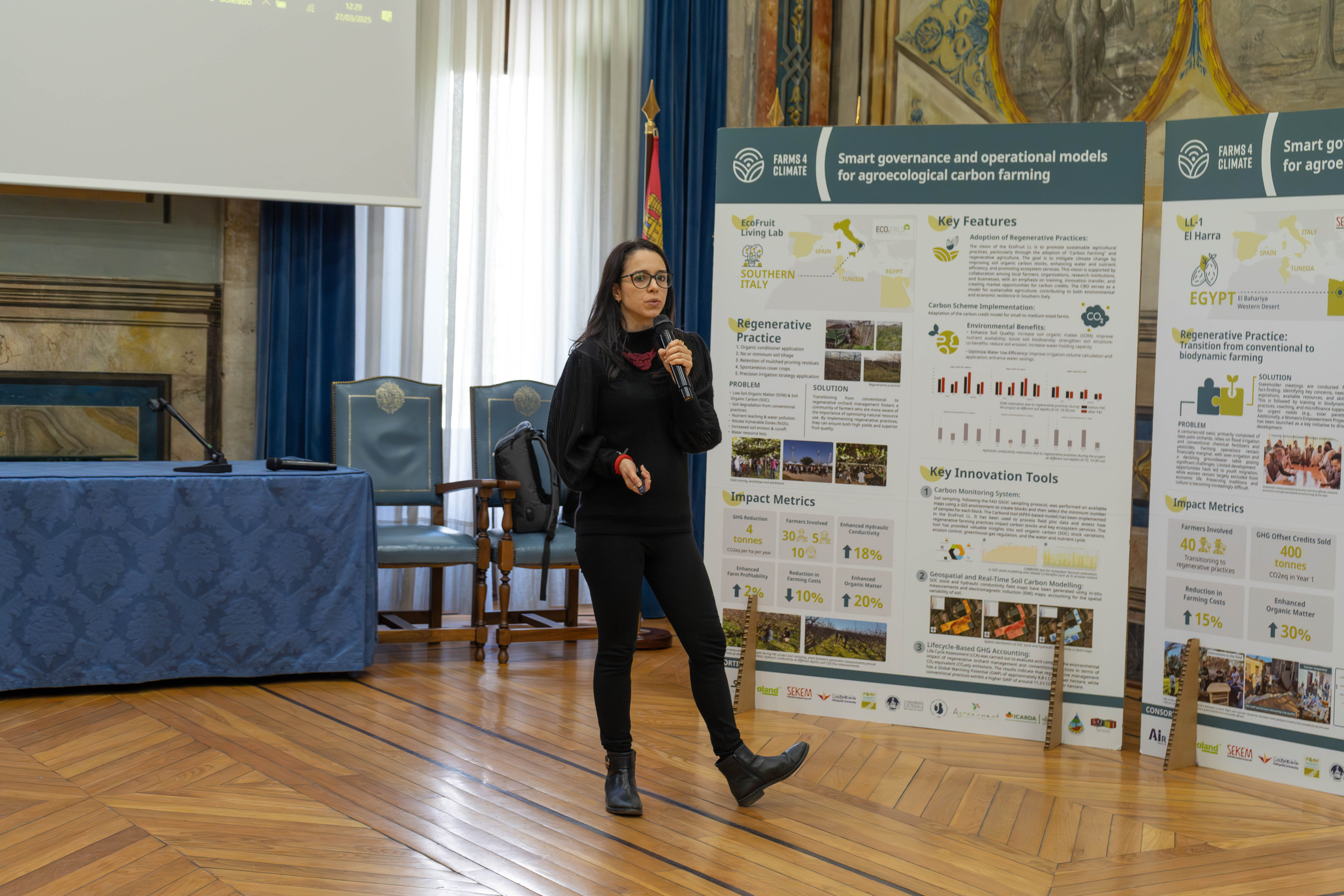
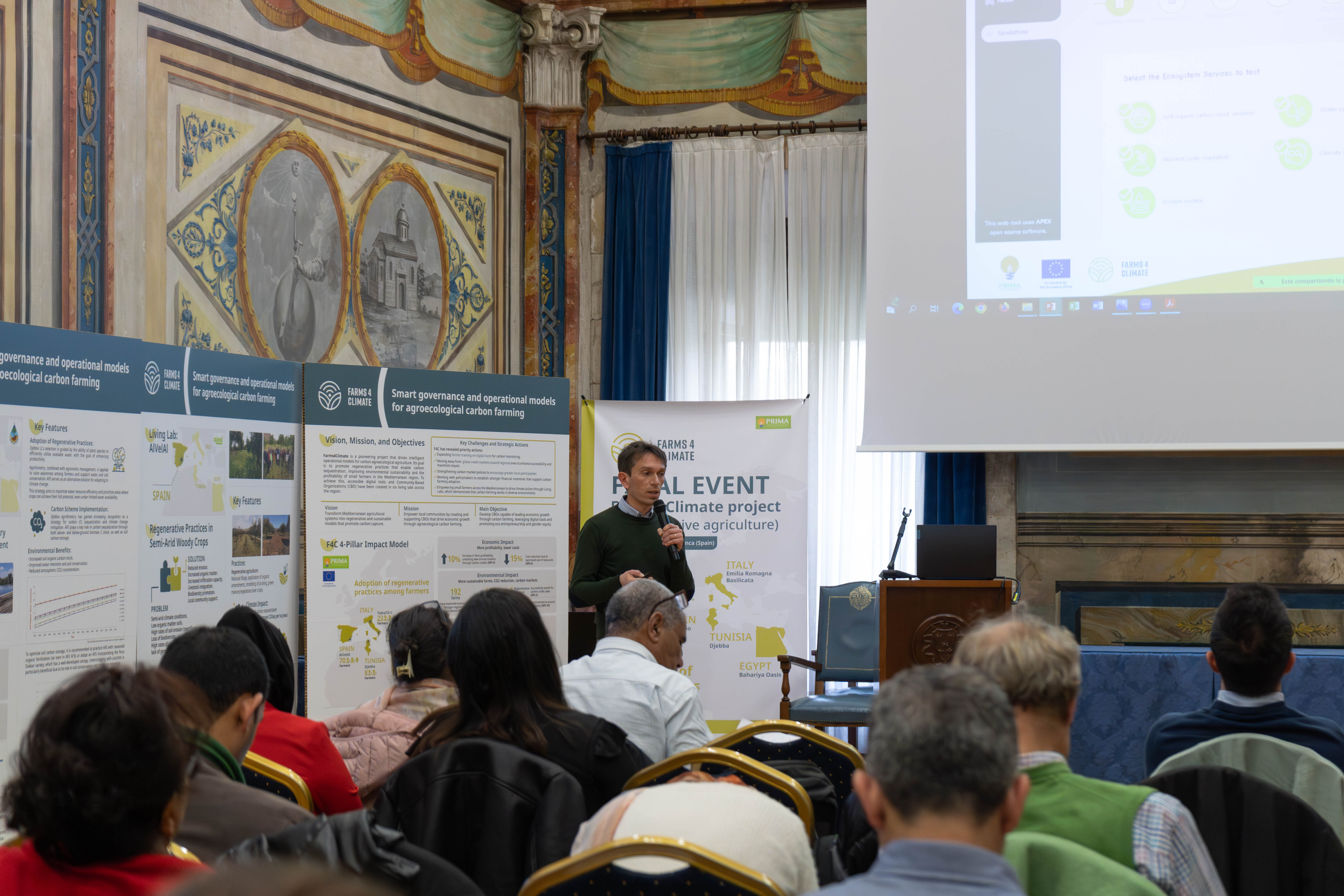
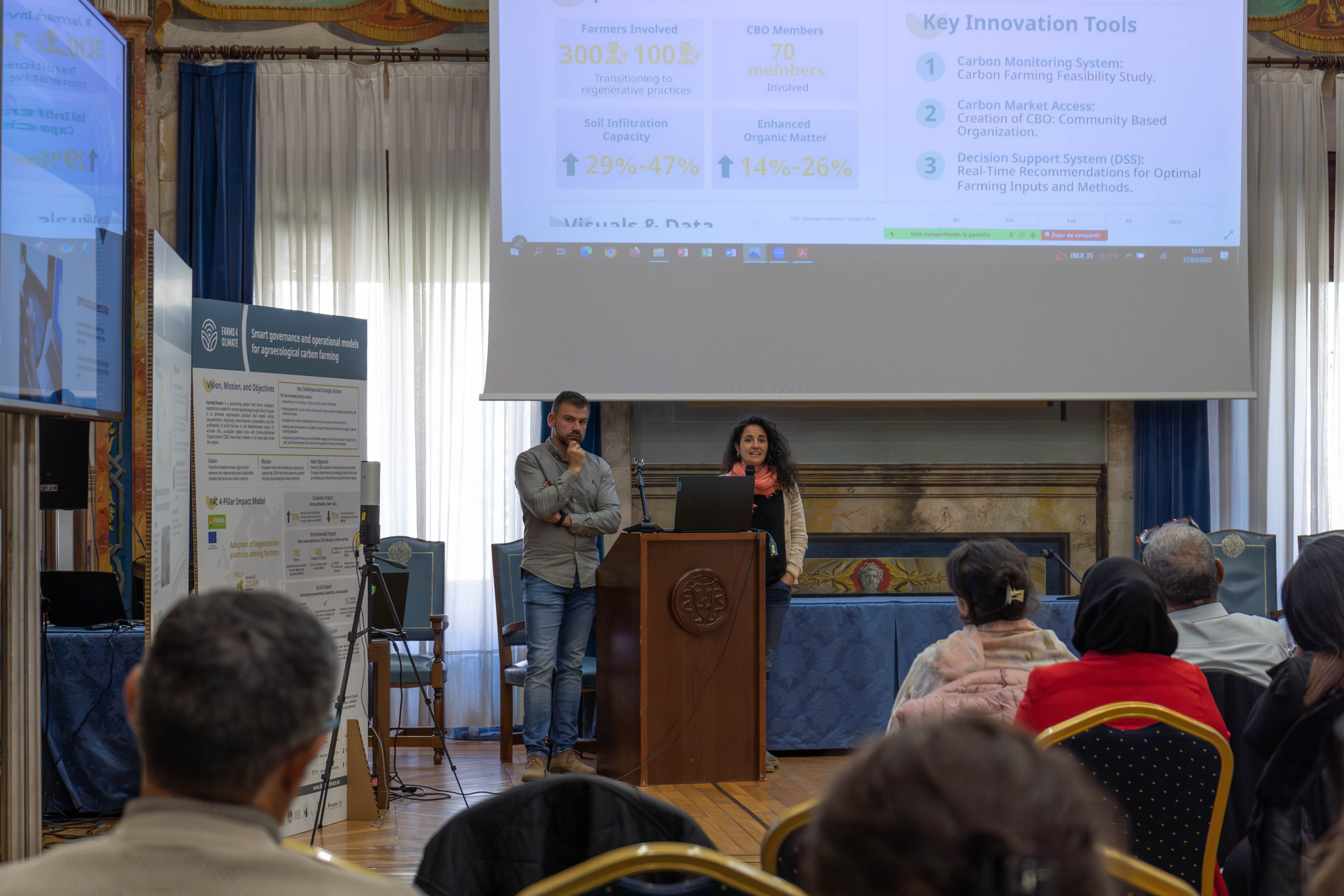
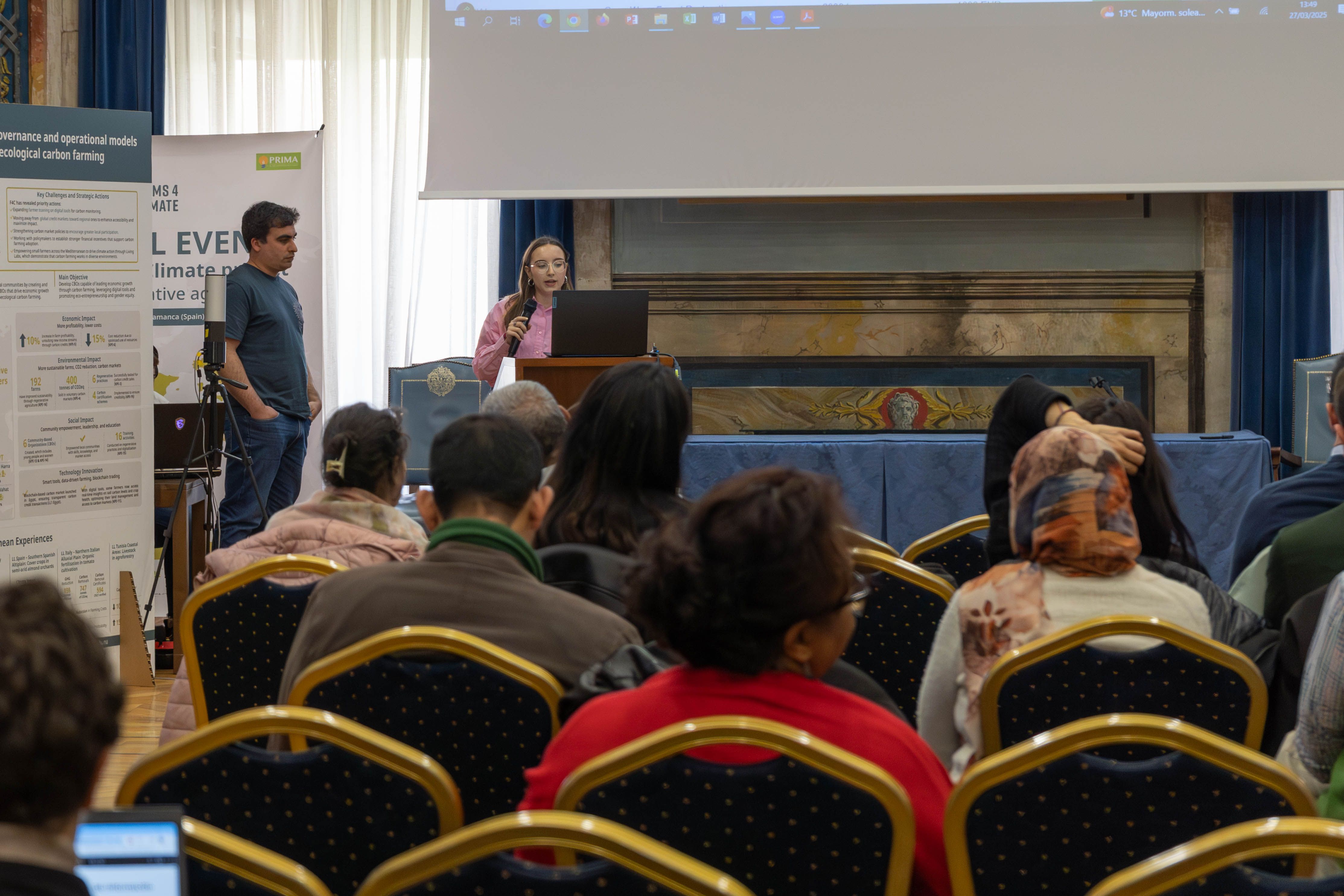
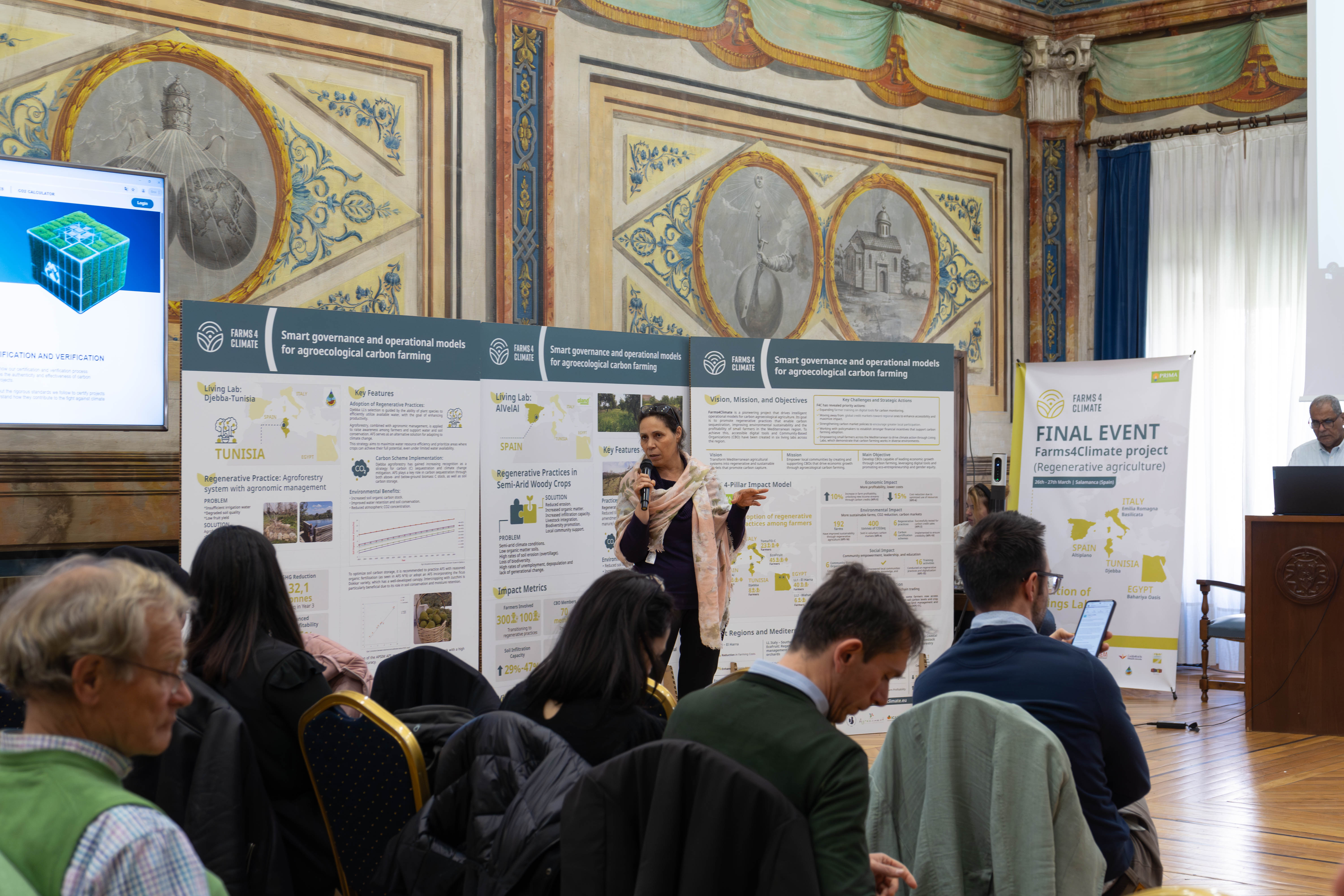 .
.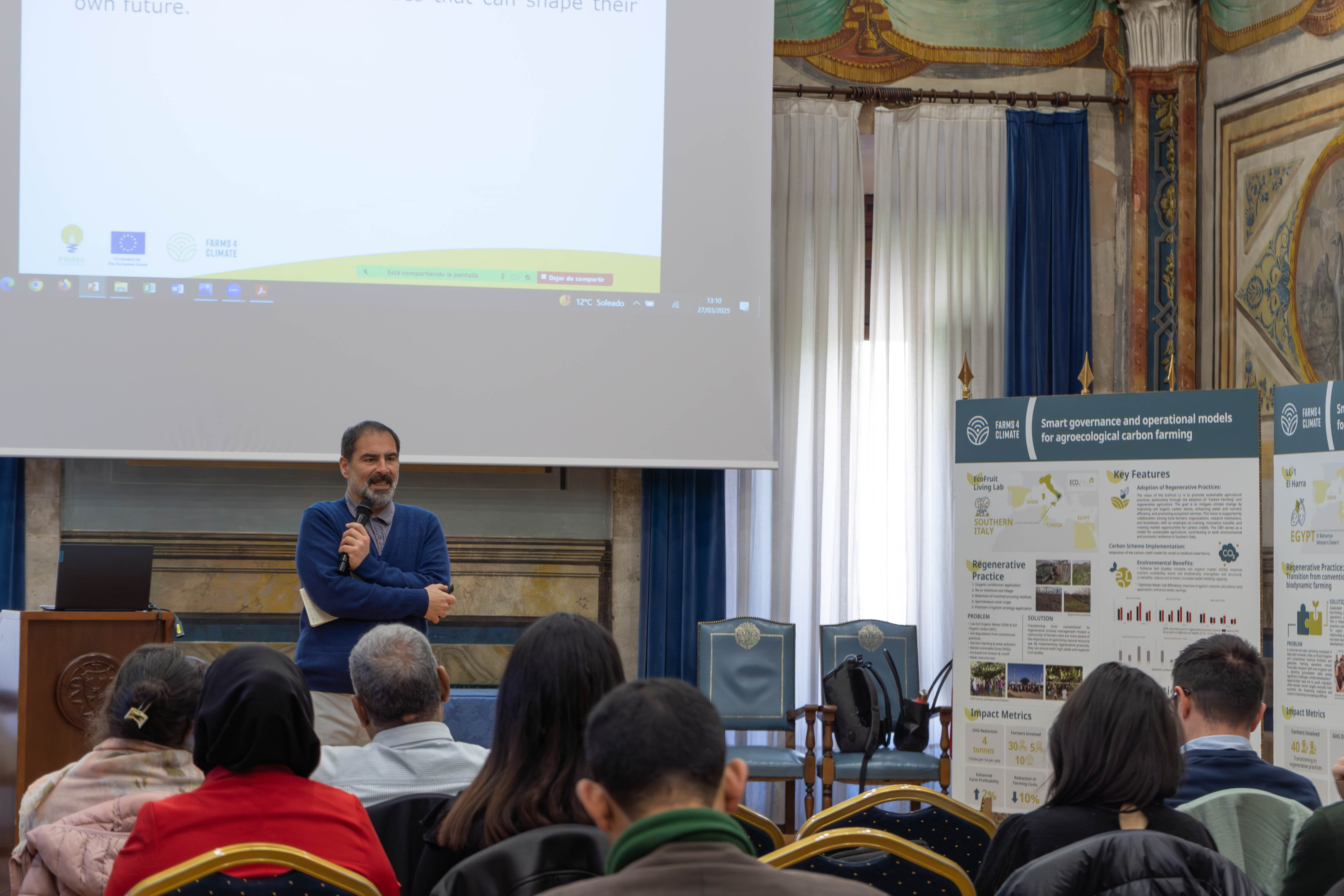
Additionally, the roundtable discussion “The Legacy of F4C: Perspectives, Impact, and the Road Ahead” took place, moderated by Carla González from AIR Institute, with contributions from consortium representatives, the advisory board, and the leader of the Spanish farmers' organisation CBO.
Throughout the project, the consortium, composed of 12 Mediterranean partners, developed technological and operational solutions to optimise carbon management in agriculture, engaging rural communities, farmers, and key stakeholders. The project integrated technologies such as artificial intelligence, blockchain, and remote sensing to monitor environmental impact, facilitating the transition towards more efficient and equitable agricultural systems aligned with the circular economy.
